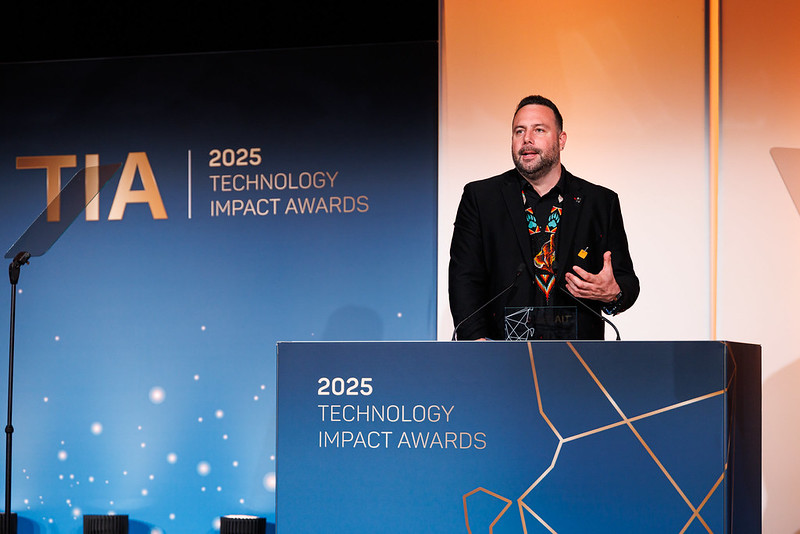Niwiin: A new tool protecting Indigenous data sovereignty
Why It Matters
Indigenous data governance and sovereignty frameworks emphasize that Indigenous peoples should have the authority to own, control and access their own data. By design, many software platforms and digital tools do not respect those rights.

After more than two years in development, an Indigenous technology company will soon launch a bespoke platform to help Indigenous peoples govern and manage their own data.
Developed by Animikii, Niiwin is a data management platform that the company has been testing internally before bringing it to the public, said Founder and Chief Executive Officer Jeff Ward.
It is particularly designed for Indigenous governments, communities and organizations for two reasons, Ward said. First, it has the ability to develop custom data fields, and secondly, it boasts the flexibility to host data closer to home.
“Oftentimes, as Indigenous people, we have to put our data into other colonial buckets of data,” Ward said, adding that this is common in how Indigenous communities are expected to send and receive data from the Canadian government.
Niiwin, on the other hand, allows users to set up data fields that align with what they would like to measure and track.
Many Indigenous governments and organizations did not want their data to be hosted in a cloud and managed through data centres outside Canada, Ward added.
Some contacted Animikii to get help removing their data from certain platforms altogether, and the company was developing several custom apps and software solutions for Indigenous governments and communities, said Ward.
With a growing “enclosure” around data in the U.S., “the world is understanding that all data is at risk of theft and appropriation,” Ward said.
Niiwin can be incorporated into servers and data centres anywhere in the world.
“What we’ve built, it turns out, a lot of people are looking for,” Ward said. “Especially people in communities [that] have been marginalized through technology and Big Tech in particular.
“We really feel that Indigenous data sovereignty principles are good for everybody.”
Niiwin has already supported organizations like Edmonton Public Schools and the Canadian Red Cross.
Now, Animikii has launched a fellowship to offer organizations a complimentary year of access to Niwiin. The company is encouraging Indigenous nations, museums, archival institutions, researchers, and environmental groups to apply.

